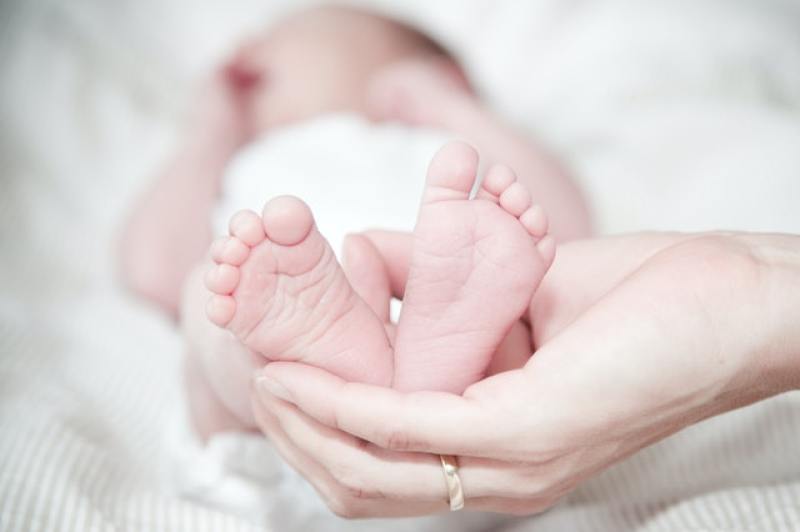
About 21 states will immediately ban abortion once Roe v. Wade is overturned by the United States Supreme Court through its decision on the Dobbs v. Jackson Women's Health Organization case which will come out in June next year.
Life News said the 21 states would mostly belong to the southern and mid-western parts of the United States based on a prediction made by NPR.
Pro-Life experts expressed hopes last week that the Supreme Court would overturn Roe v. Wade based on "clues" they left during the oral arguments made on Wednesday, Dec. 1. Most of the clues point that the Mississippi Gestational Act, which the Dobbs v. Jackson case focuses on, is constitutional. The Mississippi Gestational Act bans abortions on 15 weeks of pregnancies and the Supreme Court is reviewing if states do have that constitutional right.
The said 21 states projected to instantly ban abortion once Roe v. Wade is overturned are Alabama, Arizona, Arkansas, Georgia, Idaho, Iowa, Kentucky, Louisiana, Michigan, Mississippi, Missouri, North Dakota, Ohio, Oklahoma, South Carolina, South Dakota, Tennessee, Texas, Utah, West Virginia, and Wisconsin.
According to the NPR, all of these states have "trigger laws" or legislation in place that bans abortions except on cases that endangers the mother's life. While there are states that include Oregon, Vermont, and Washington, D.C. that would retain abortion despite Roe v. Wade being overturned.
Florida State University Professor Mary Ziegler told NPR that abortion bans would not likely end with the Supreme Court deciding on it through Dobbs v. Jackson, based on her studies on abortion law that show pro-choice groups would push it in a couple of years.
"Even if the Supreme Court isn't going to be open to that argument immediately, we should expect to see anti-abortion groups pressing it in the years to come," Ziegler said.
While Physicians for Reproductive Health President and CEO Jamila Perrit pointed out that access and resources to health care would then depend on one's location under a scenario of an overturned Roe v. Wade.
"Whether or not you have access to safe, essential, medically necessary care is going to depend wholly on where you live in the country and what kind of resources you have access to," Perritt said.
Center for Productive Rights' Hillary Schneller said such a scenario would only bring an "incredible chaos and devastation" where people of low incomes would be forced to forego the option of abortion.
"In states across the South and Midwest, it would force people who have the means to travel to a place where abortion remains legal. But many people on low incomes (and) communities of color who are already challenged in getting access to abortion won't be able to actually make that happen," Schneller revealed.
Southern Baptist Theologian Albert Mohler projected a "national divide" that would be created in the country should Roe v. Wade be overturned. This comes with Democrats threatening a revolution, and mainstream media getting worried, especially after the Supreme Court justices left good clues pointing to that direction during oral arguments last Wednesday.
Former Vice President Mike Pence said that this is indicative of the Supreme Court in the course of making right the "historic wrong" that is Roe v. Wade.
























